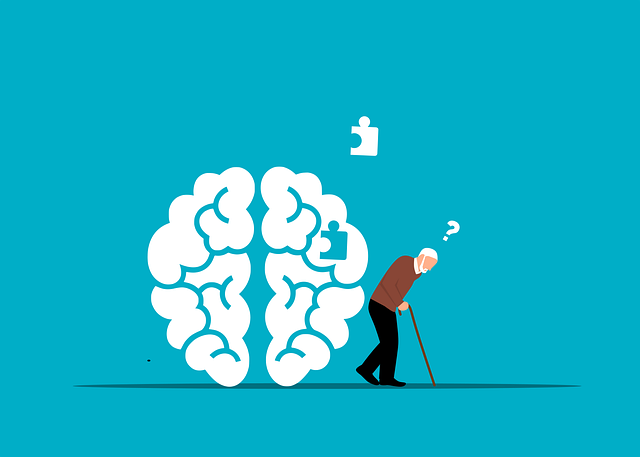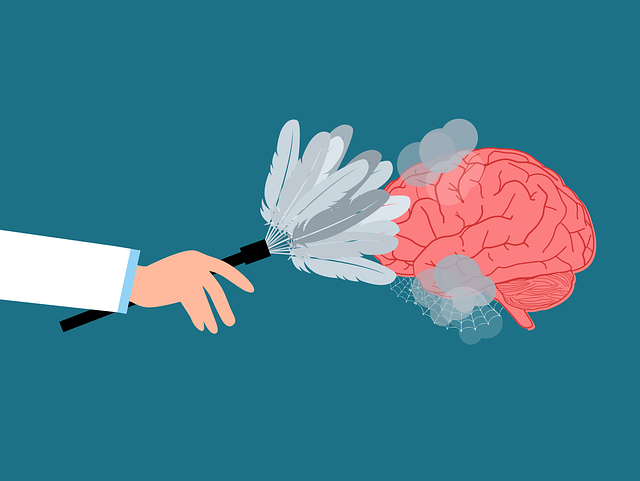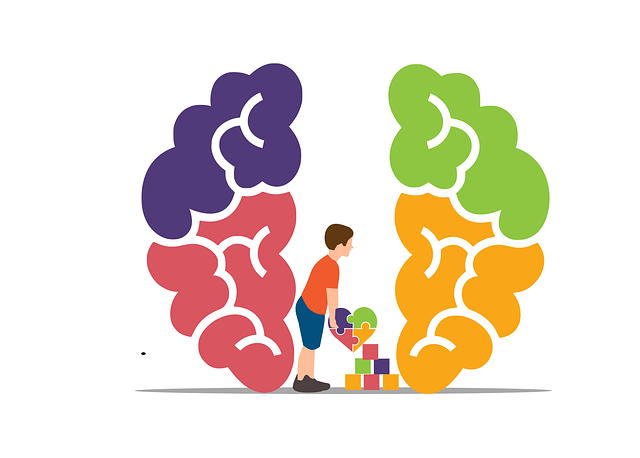Lakewood Divorce Therapy focuses on teaching powerful emotion regulation skills for improved mental well-being. Through therapeutic approaches, clients gain self-awareness, identify triggers, and learn calming techniques to manage stress, grief, anger, or anxiety effectively. Mindfulness practices, cognitive reframing, and breathing exercises empower individuals to navigate life challenges, foster emotional intelligence, and prevent depression. This holistic approach enhances resilience, equips for major life transitions, and promotes lasting mental health improvement.
Emotion regulation is a vital skill for maintaining mental well-being, particularly during challenging life transitions such as divorce. This article explores effective techniques that can enhance emotional resilience, focusing on practical strategies applicable to everyday life. We delve into the profound impact of emotion regulation on personal growth and offer insights tailored to the unique needs of individuals navigating divorce through approaches like Lakewood Divorce Therapy. By understanding and mastering these techniques, one can foster a healthier and more fulfilling post-divorce journey.
- Understanding Emotion Regulation and Its Impact on Well-being
- Teaching Techniques for Effective Emotion Management
- Practical Strategies for Integrating Emotion Regulation Skills in Everyday Life (with a focus on Lakewood Divorce Therapy)
Understanding Emotion Regulation and Its Impact on Well-being

Emotion regulation is a vital skill that plays a significant role in maintaining mental and emotional well-being. It refers to the ability to understand, manage, and adapt one’s emotional responses to various situations. By learning effective emotion regulation techniques, individuals can gain control over their emotions, reducing the impact of negative feelings and enhancing overall resilience. This process is especially crucial for those navigating challenging life circumstances, such as divorce, where strong emotions like grief, anger, or anxiety are common. Lakewood Divorce Therapy offers valuable resources and guidance to help individuals manage these intense emotions and foster emotional well-being promotion techniques.
Through various therapeutic approaches, building resilience becomes a powerful tool in emotion regulation. Empathy-building strategies, for instance, enable individuals to connect with their emotions on a deeper level, fostering self-awareness and understanding. This awareness is essential for identifying triggers and implementing calming techniques when faced with overwhelming feelings. By mastering these skills, people can improve their ability to cope with stress, enhance their emotional intelligence, and create a more positive outlook, ultimately contributing to improved mental health outcomes.
Teaching Techniques for Effective Emotion Management

Teaching techniques for effective emotion management is a critical aspect of mental wellness, especially in today’s fast-paced and demanding world. At Lakewood Divorce Therapy, we understand that helping individuals develop robust emotion regulation skills can significantly enhance their overall quality of life. One powerful approach involves guiding clients through self-awareness exercises, enabling them to recognize and label their emotions accurately. This foundation is crucial for depression prevention, as it empowers people to address and manage intense feelings before they escalate.
By incorporating various evidence-based strategies, our therapists assist individuals in learning healthy coping mechanisms. These may include mindfulness practices, cognitive reframing, and emotional expression techniques. For instance, teaching simple breathing exercises can help calm the mind and body during moments of heightened stress or anxiety. Similarly, encouraging clients to engage in activities that foster mental wellness, such as regular physical exercise or creative pursuits, provides additional tools for managing emotions effectively.
Practical Strategies for Integrating Emotion Regulation Skills in Everyday Life (with a focus on Lakewood Divorce Therapy)

Integrating emotion regulation skills into everyday life is a key aspect of effective Lakewood Divorce Therapy, promoting mental health awareness and preventing burnout among individuals navigating challenging situations. Practical strategies include mindfulness practices such as deep breathing exercises and meditation, which can be incorporated during moments of heightened emotion to foster emotional balance. By training the mind to observe thoughts without judgment, individuals gain a sense of detachment from intense feelings, enabling better decision-making and coping mechanisms.
In the context of Lakewood Divorce Therapy, these techniques become valuable tools for managing the emotional toll often associated with major life transitions. Healthcare providers can model and teach these skills to clients, fostering an environment where self-regulation becomes second nature. This proactive approach not only enhances overall well-being but also serves as a burnout prevention strategy, equipping individuals with the resources to navigate stressful situations effectively and maintain resilience over time.
Emotion regulation techniques, as explored through the lens of Lakewood Divorce Therapy, offer valuable tools for enhancing well-being. By understanding the impact of emotions on our lives and learning effective management skills, individuals can navigate challenging situations with greater resilience. Integrating these strategies into everyday routines enables people to foster healthy relationships, reduce stress, and promote overall mental health, making them essential components in any comprehensive approach to personal growth and therapy.














